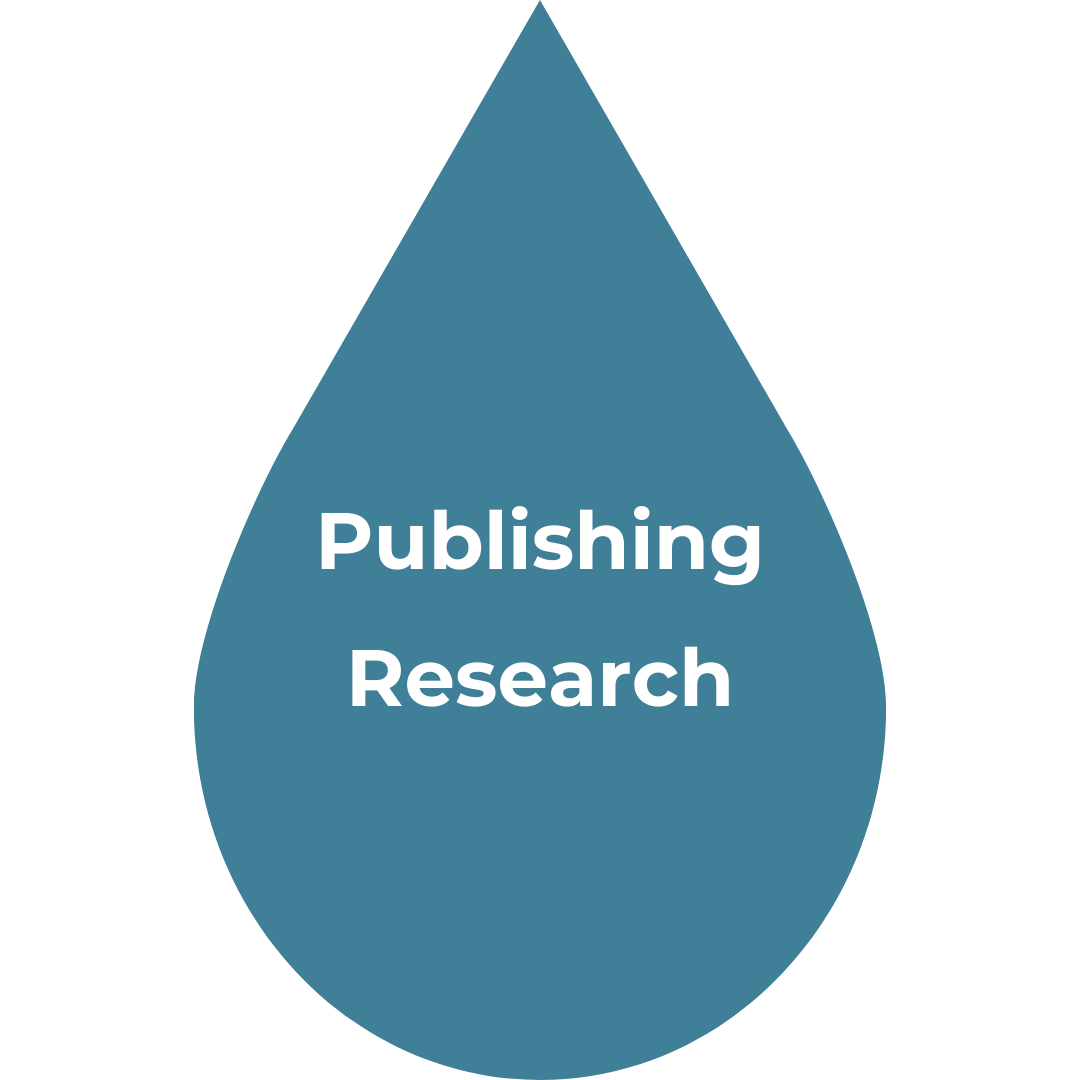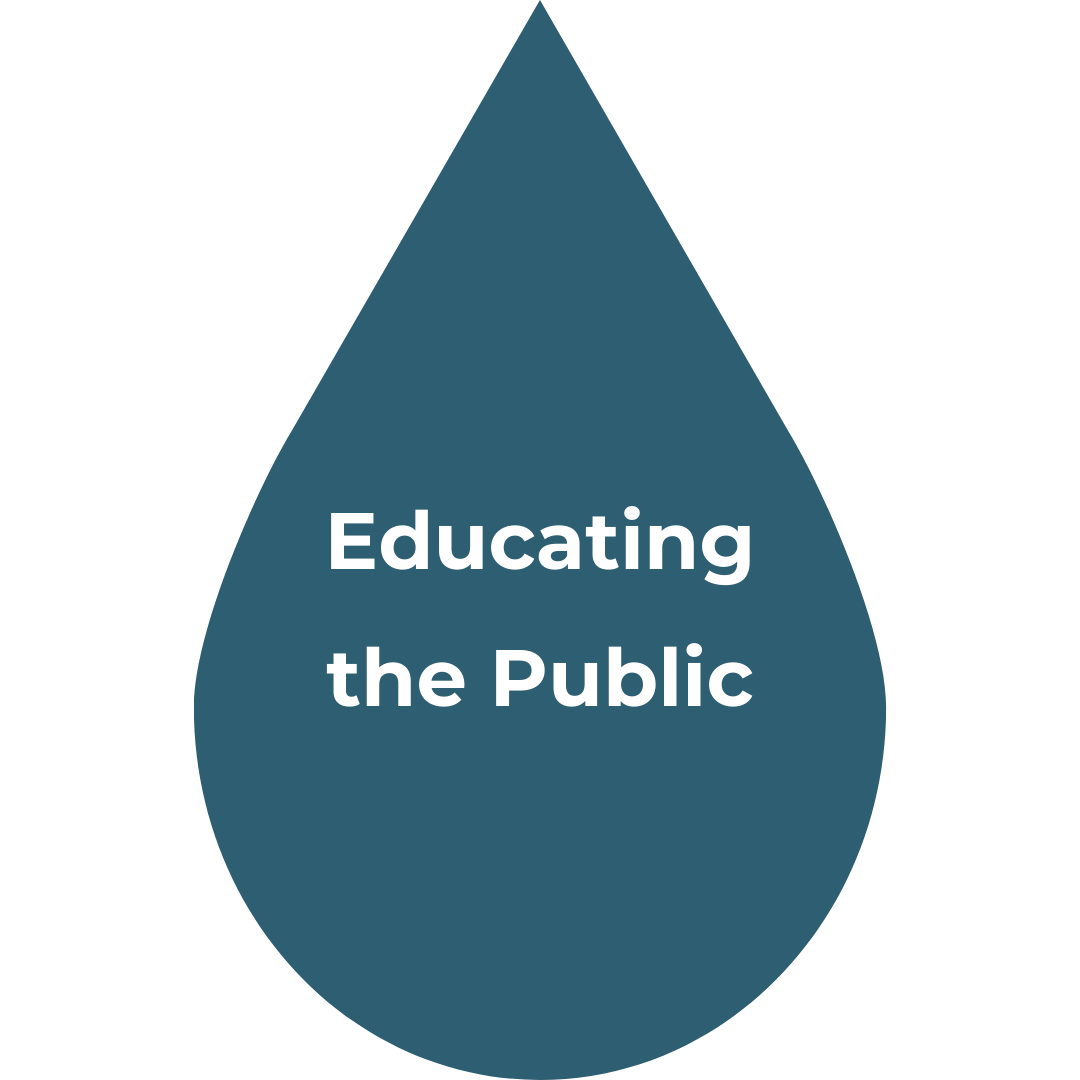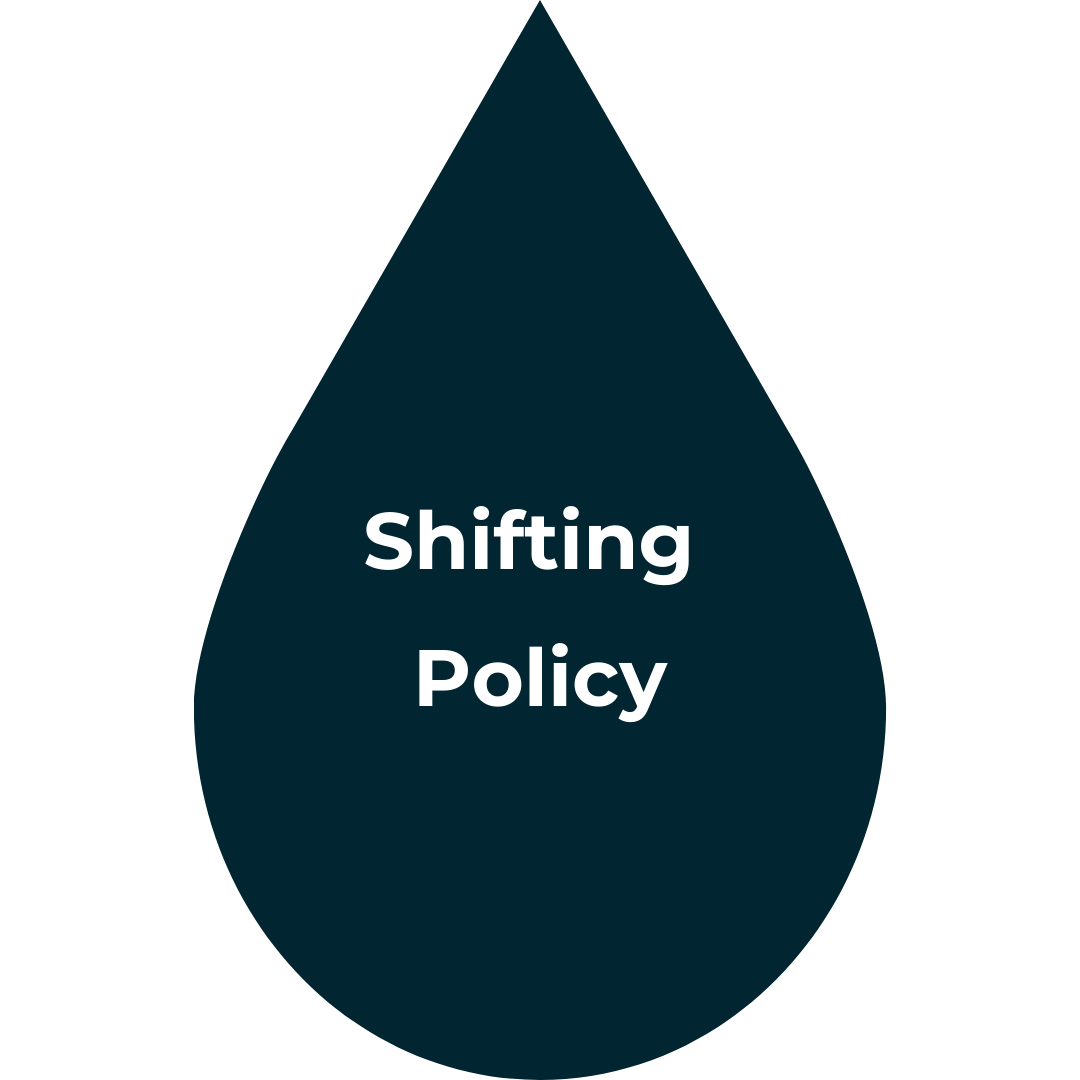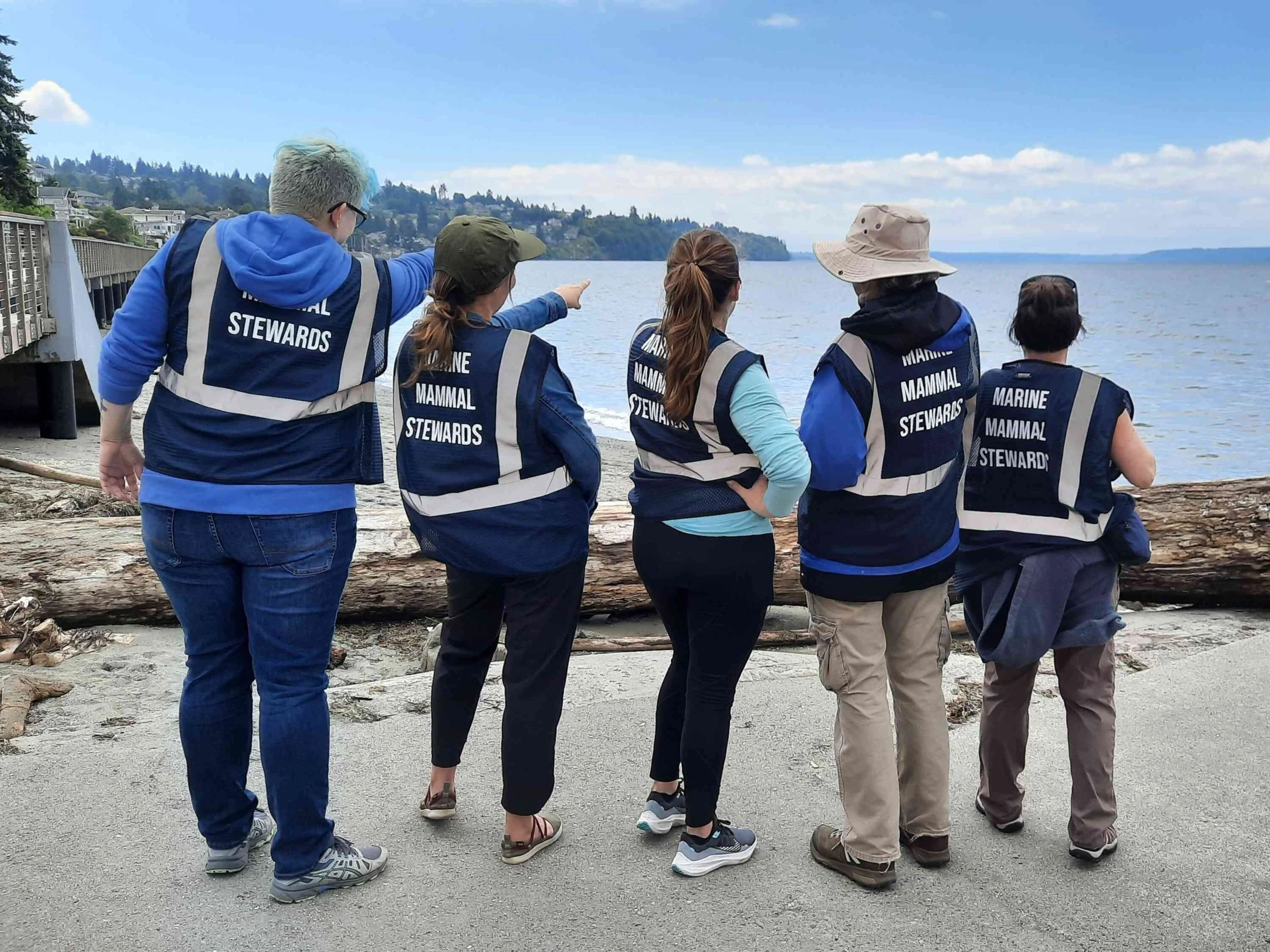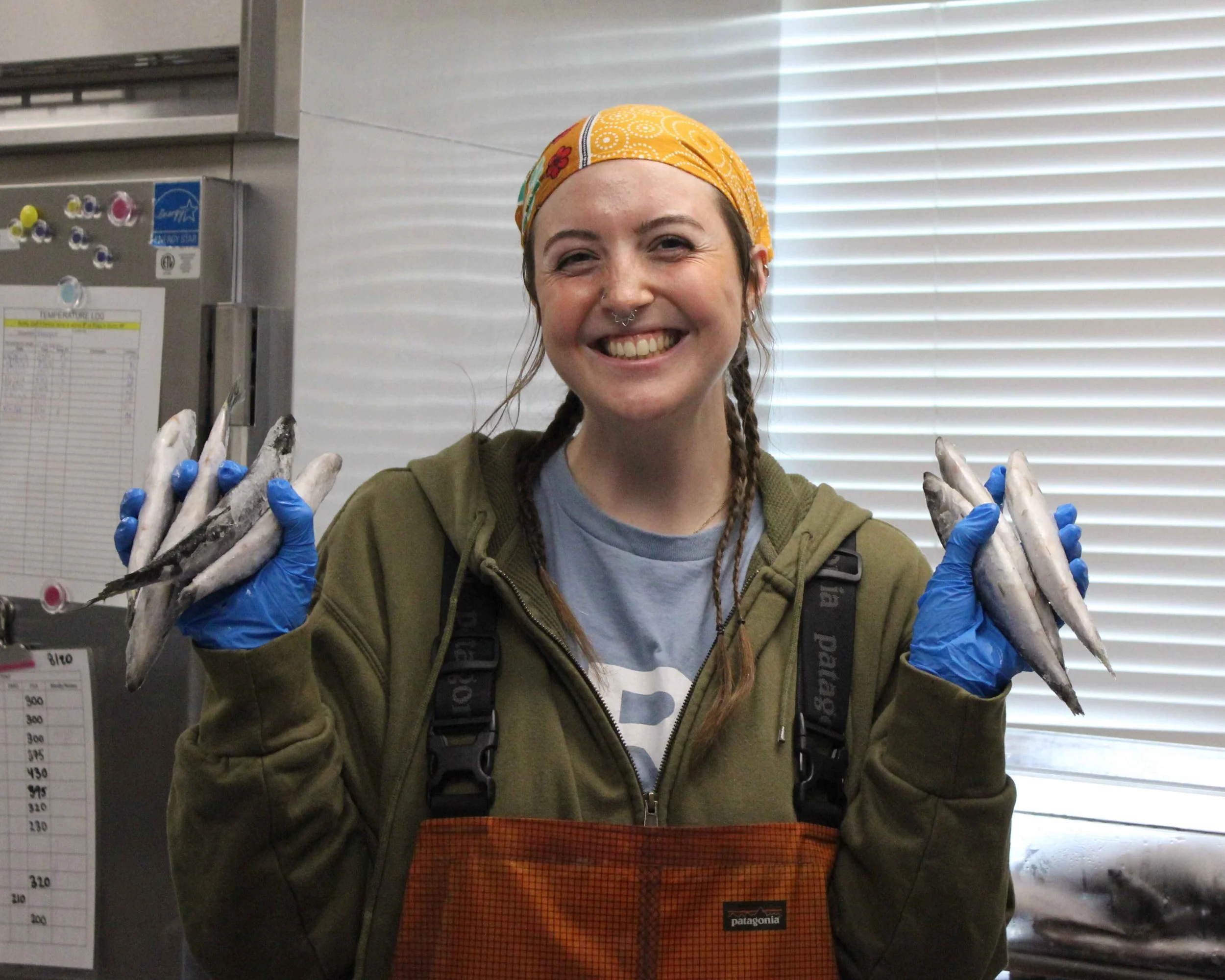
Research
SR3 deepens our understanding of marine health issues and informs recovery efforts for struggling and endangered species.
Why is Research Important?
Marine animals act as early warning indicators.
Marine mammals are known to be susceptible to pollution and other environmentally induced medical conditions. They serve as important sentinels alerting us to changes in the environment and potential threats to public health.
Research reveals how human actions are connected.
As human populations and their environmental impacts continue to expand, marine health insights will become increasingly important to identify emerging threats, mitigate their impacts, and effectively respond to affected animals.
Scientific data drives conservation policy.
SR3’s preeminent research on the endangered Southern Resident killer whales is relied upon by both U.S. and Canadian government agencies to inform decision-making around recovery actions.
Our Research
Through the pioneering use of aerial drones to monitor changes in the Southern Resident killer whale population’s body condition, growth and reproductive success, SR3 has established a valuable baseline of data that can detect changes in both individual and overall population health. SR3 researchers are also using this technology with collaborators to study the health and population status of other species around the world.
Monitoring Health Remotely
Disease Investigation
Rehabilitating individual marine animals helps us monitor the health of the larger population, such as identifying zoonotic outbreak events that can spread from animals to humans, like leptospirosis in elephant seals and Highly Pathogenic Avian Influenza (HPAI) in harbor seals. Our researchers are also working with collaborators to study kidney disease in sea lions and to investigate treatment options for a deadly disorder called megaesophagus in harbor seals.
Building a One Health Coalition
As part of the Eastern Pacific Marine One Health coalition, samples and data collected from our patients while they are in rehabilitation contribute to increased health surveillance of wild marine mammal populations along the Pacific coast. We also share our specialized expertise and knowledge with colleagues through hands-on trainings, conference presentations, and professional consultations.
How We Are Driving Change
Publishing Research
SR3’s research is published in peer-reviewed journals, presented at conferences and shared with stakeholders to build scientific understanding of marine animal population health, improve recovery outcomes and train future generations to protect our region’s unique ecosystems.
Educating the Public
Education is a powerful tool in addressing the underlying cause of marine animal health issues. From messaging about safely sharing the shore with marine mammals to inspiring younger generations around environmental conservation, public education will prevent many animals from ever needing help.
Shifting Policy
SR3’s scientific research delivers insights into the impacts of human activities on marine animal populations. By collecting critical health data, we are able to inform better fisheries management decisions to preserve their precious food resources, actions to protect critical habitat, and policies to safeguard their survival.
Create Waves of Change
•
Create Waves of Change •
The ocean is full of human-caused dangers for marine animals. Threats like rising ocean temperatures, plastic trash, and vessel traffic all pose risks to their health and survival. This is where the Wavemakers come in.
Our Impact
From health monitoring to field research, SR3 contributes to a variety of marine animal research studies. For more impact stories, join our pod to receive updates via email and follow us on social media.
Health Monitoring of Southern Resident Killer Whales to Inform Management Actions
SR3 Provides Veterinary Support to Pinniped Field Research Project
New Publications Sheds Light on How Baleen Whales Locate Their Food
How You Can Help
Save a Life
None of this life-saving work is possible without the generosity of people like you. Your gift of any amount will go to work right away rescuing and protecting marine wildlife.
Stay Alert
If you see marine mammals, keep a safe distance. To learn more about marine mammal conservation, call us.
Stay Updated
Join our rescue community to get updates on our patients and current research delivered straight to your inbox or via social media.
Become a Volunteer
Whether you’re interested in animal care or education or just want to support where needed, there’s an opportunity for everyone to make a difference.




